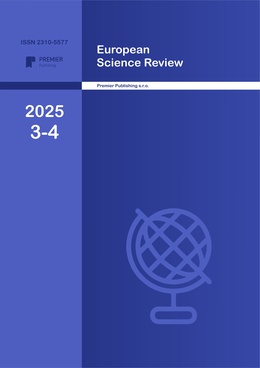Management of personnel at risk
Authors
Ketevan Kitsmarishvili

Share
Annotation
One of the new directions in human resource management is working in organizations in crisis. Any modern enterprise can find itself in a crisis situation, caused by, for example, a change in senior management, a breakdown in the information structure, a breakdown in the production mechanism, a sharp change in market demand.
If we think of a crisis as a state of an organization in which it will no longer exist in the future unless it undergoes some internal change, then probably all organizations experience a similar state in the transition from one stage of their life cycle to another. This is normal. From a human standpoint, a crisis is characterized by the emergence of at least two problems. First, there’s a mismatch between the professional tools that people have in an organization and what they need in a new situation. On the other hand, it is the inadequacy of internal organizational norms and rules (of one’s own corporate or organizational culture) to new conditions. So we can assume that the crisis is determined externally by professional activity, and internally by the need to change organizational culture.
It’s important to work with the staff to overcome the crisis that has arisen. The activities of the HR department at this stage should include: diagnosing the human resources potential of the enterprise, developing a reorganization strategy and supporting human resources programs for reorganization, reducing staff, increasing labour productivity, resolving conflicts, especially those that are particularly difficult during this period.
Keywords
Authors
Ketevan Kitsmarishvili

Share
References:
- K.Kitsmarishvili Personnel Managment Press”Samartliani Sakartvelo” Tbilisi 2021 (In Georgian).
- Paichadze N. Chokheli E. Pharesashvili N Management of Human Resources Press “Merlani” Tbilisi 2011 (In Georgian).
- T. Bazarov , B.L. Eremin Personnel Management: Textbook for Universities Press “Aspect” Moscow 2001 (In Russian).
- T. Bazarov Psychological Facets of a Changing Organization Press “Aspect” Moscow 2007 (In Russian).


